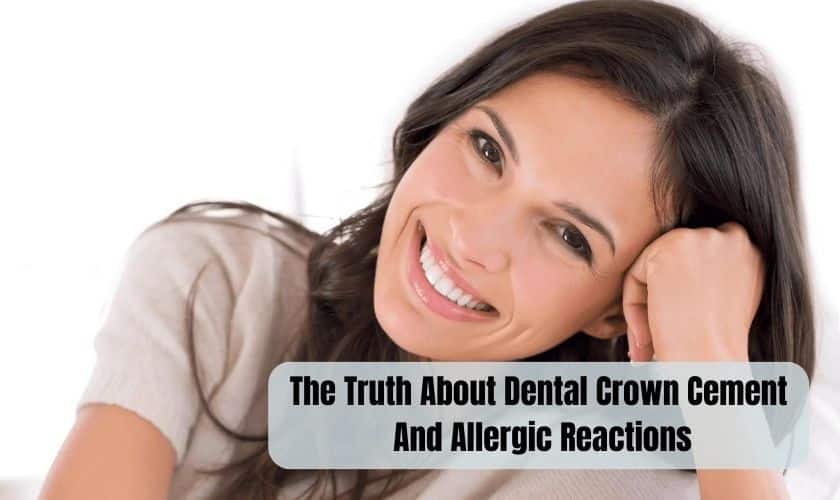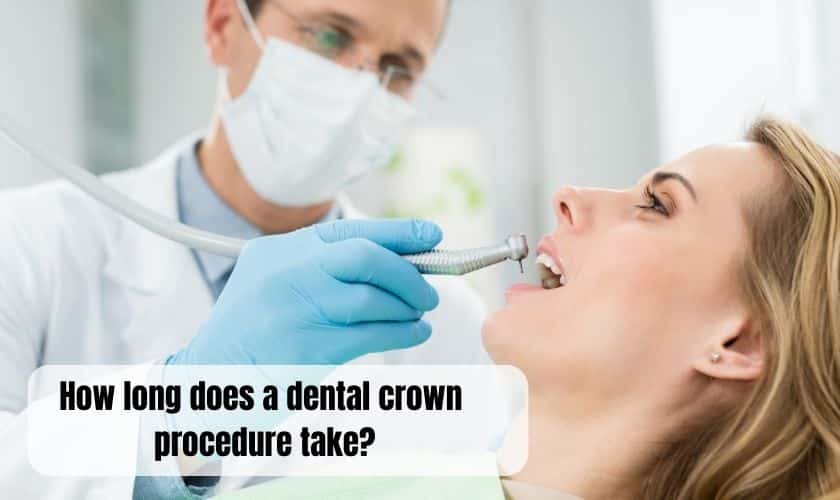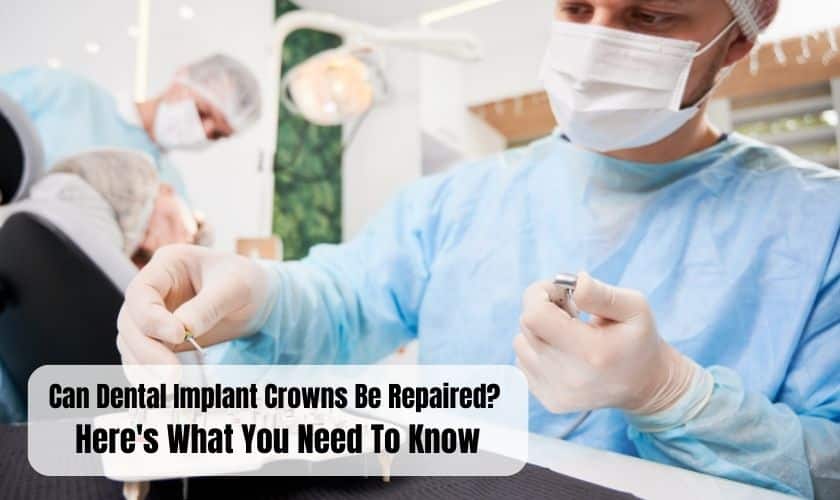
The Truth About Dental Crown Cement And Allergic Reactions
Do you ever wonder about dental crown cement and its possible effects on your dental health? Many people have questions about dental crowns, such as what they are made of, how they are applied, and whether they could cause allergic reactions. This article will provide the truth about dental crown cement and its potential allergies.
Dental crowns are caps covering the whole tooth to restore or strengthen its appearance. Crowns can be made from different materials, including porcelain fused to metal, all-resin, ceramic, gold alloy, and zirconia. The dental cement used to attach the crown is an important factor in ensuring the long-term success of the dental crown. This dental cement is a dental adhesive primarily used to bond the dental crown to the underlying tooth structure.
Types of Dental Cement
Several types of dental cement can be used for dental crowns, and each one offers different benefits depending on its ingredients and application method. One popular dental cement is zinc phosphate, which has been used as a dental cement for over 70 years and helps to protect teeth from decay caused by acid or bacteria in the mouth. Another popular choice is glass ionomer, which bonds well with enamel and protects against caries. Resin-modified glass ionomer cements provide even better adhesion between the dental crown and the underlying dental structure.
What is dental cement made of?
Dental cement typically contains zinc oxide, eugenol, and other ingredients such as strontium chloride, barium sulfate, magnesium aluminum silicate, or colloidal silica. Zinc oxide is a naturally occurring mineral that helps to strengthen dental crowns and protect them from decay caused by acidity in the mouth. Eugenol is an oil obtained from cloves used for centuries in dental restorations due to its antiseptic properties and ability to help bond dental materials together. Other ingredients vary depending on the type of dental cement used but are generally inert minerals that help with adhesion and provide extra strength to dental crowns.
Is dental cement safe?
Dental cement is generally considered safe by a qualified dental crown professional. All dental cement must be evaluated for safety and effectiveness before being approved by the US Food and Drug Administration (FDA). The FDA also has guidelines to ensure dental cement is labeled properly so patients can make informed decisions about their dental care.
Can dental cement cause an allergic reaction?
Some people can have an allergic reaction to the ingredients in dental cement, although it is not common. Your dentist can help determine if you have an allergy to dental cement and provide the best treatment for your condition. Contact your dentist immediately if you experience any symptoms such as rash, itching, or swelling after having a dental crown placed.
Dental crowns are a great way to restore damaged teeth or protect them from further decay. Still, it’s important to make sure that dental cement is used safely and properly by a qualified dental professional. The ingredients in dental cement can cause allergic reactions in some people, so it’s important to be aware of the potential risks associated with dental crowns before having one placed.
FAQs
Depending on the type of dental cement used, they can typically last up to 10 years with proper care.
Dental cement can weaken over time due to wear and tear or exposure to oral acids. Regular dental check-ups ensure the dental crown is still securely attached.
Yes, various dental types of cement are available, including resin-modified glass ionomer cement, calcium silicate cement, and polyacid-modified composite resins. Your dentist can recommend the best type of dental cement for your particular situation.





